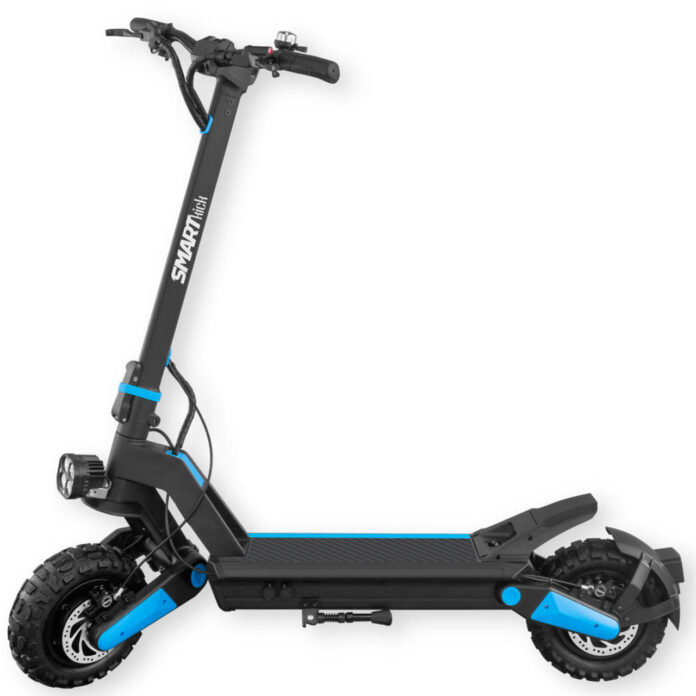A federal lawmaker representing Jos South/Jos East Federal Constituency, Hon. Ajang Alfred Iliya, has come under serious criticism from his constituents after he presented electric scooters as part of his empowerment programme.
The lawmaker, a member of the House of Representatives, gave out 10 electric scooters to selected constituents, claiming it was part of his effort to improve livelihoods and promote economic empowerment in the area.
The presentation, which took place earlier in the week, was widely shared by Hon. Ajang’s media team, who described it as a promise fulfilled and a “covenant of hope and prosperity.”
“This empowerment initiative is in line with the Rep’s commitment to support his people. These scooters will help beneficiaries meet their goals and boost their economic activities,” the statement read.
However, the gesture has sparked outrage among many constituents, who described it as a misplaced priority and a poor example of legislative empowerment.
Several residents and youth groups in Jos South and Jos East took to social media and public forums to express disappointment, arguing that electric scooters do not address the real needs of the people.
“This is a joke. What are we supposed to do with scooters? This is not empowerment,” a resident in Bukuru said on a Facebook post.
“The lawmaker could have invested that money in skills training, grants, or educational support. Scooters are not what we need,” another user wrote on X (formerly Twitter).
Critics say that while the idea of providing tools for mobility may have good intentions, the small number of scooters and their limited usefulness in rural and semi-urban Plateau areas make the initiative ineffective and disconnected from the real economic needs of the people.
Some questioned how beneficiaries would charge or maintain the electric scooters, especially in areas with poor electricity supply and bad roads.
Others believe the move was more about optics and photo opportunities rather than meaningful change.
“This looks like a publicity stunt. Real empowerment should be about helping people become financially independent, not giving out 10 scooters to a population of thousands,” said a youth leader in Jos East who asked not to be named.
The criticism quickly gained traction online, with hashtags like #ScooterEmpowerment and #PlateauRep trending in local circles. Some constituents also vowed not to support Hon. Ajang’s re-election bid in 2027, describing his representation as “a disappointment” and “a wasted mandate.”
“This is 2025, and a federal lawmaker is giving out scooters as empowerment? It’s shameful. We expected better,” said a comment under a viral Facebook video showing the scooter handover.
In contrast, a few supporters of the lawmaker have tried to defend the gesture, arguing that no act of empowerment is too small, and the scooters could help the beneficiaries earn money as dispatch riders or small business operators.
“People use scooters for deliveries now. This could help the youth do something legal and useful,” a supporter wrote online.
Still, the overwhelming response has been negative, with calls for the lawmaker to re-evaluate his priorities and listen more closely to the needs of his people.
Empowerment programmes by lawmakers have long been a topic of debate in Nigeria, with many citizens accusing politicians of using token projects and short-term giveaways to win votes instead of investing in long-term solutions like skills training, startup grants, agriculture, education, and healthcare.
Hon. Ajang Alfred Iliya, who is serving his first term in the National Assembly, is now facing pressure from both the public and civil society groups to provide a breakdown of his constituency project funding and to explain why scooters were chosen over more sustainable forms of empowerment.
So far, the lawmaker has not directly addressed the backlash, and his media team has stood by the initiative, insisting that the scooters are only one part of a larger empowerment plan.
“More empowerment activities are coming. The public should not rush to judge,” the media team added in a follow-up statement.
As the criticism continues, constituents are calling on other lawmakers across Nigeria to focus on empowerment programmes that are inclusive, practical, and impactful, rather than symbolic gestures that leave the majority behind.

